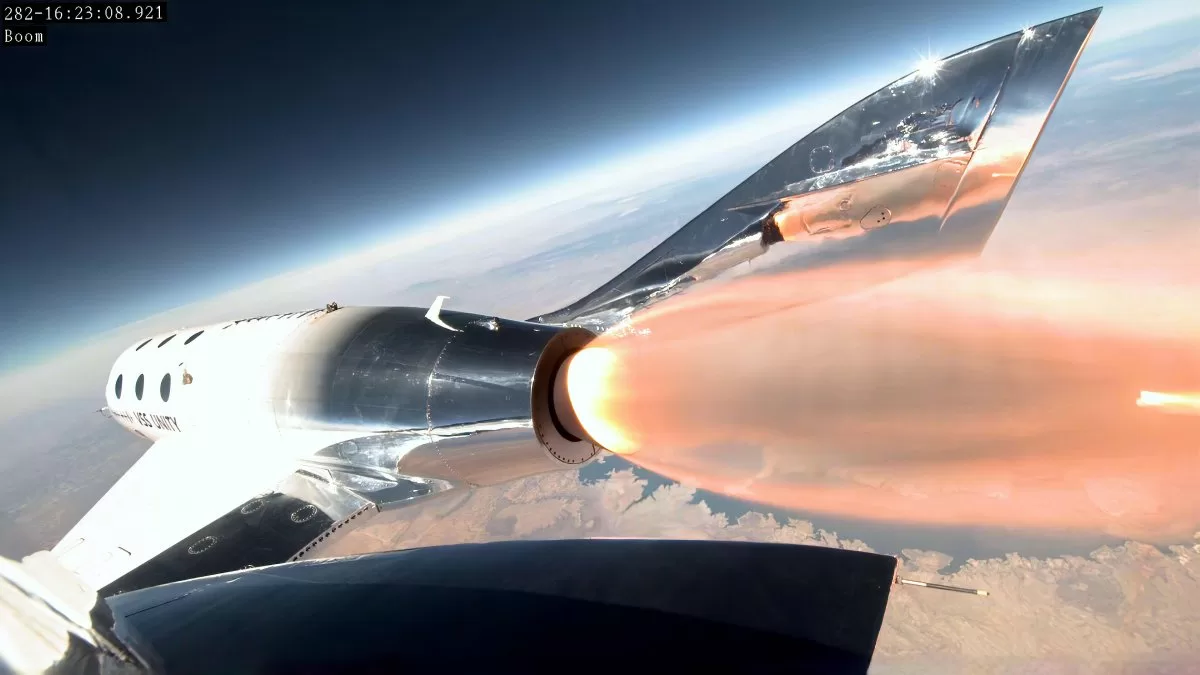It’s that time of year when the vast majority of Americans gather to celebrate the 4th of July holiday with family, friends, and fireworks.
A new report from the US Consumer Product Safety Commission (CPSC) finds a significant upward trend in fireworks-related injuries and deaths. Between 2006 and 2021, fireworks injuries increased 25% in the US, according to Commission estimates.
In 2022, at least 11 people were killed and approximately 10,200 injured in fireworks incidents. This is two more deaths and some 1,500 more injuries than in 2021.
“It is imperative that consumers are aware of the risks involved in the use of fireworks so that injuries and tragedies can be prevented,” said CPSC Chairman Alex Hoehn-Saric. “The safest way to enjoy fireworks is to watch the professional displays.”
Wherever you’re celebrating, here are some fireworks safety tips and information on how to keep your 4th of July celebrations disaster-free:
HOW CAN I PROTECT MYSELF?
According to the National Safety Council, fireworks should be used away from people, homes, and flammable material, and should never be lit in a container or indoors. When using fireworks, the council recommends lighting one device at a time, then maintaining a safe distance.
Lit fireworks must not be held by anyone or aimed at or thrown at another person. If the fireworks malfunction, do not try to relight them.
For those who light fireworks, the NSC recommends keeping a bucket of water nearby to completely extinguish the fireworks and soaking used fireworks in water before disposal.
WHAT ABOUT THE FLARES?
Sparklers account for more than a third of fireworks-related emergency room visits and can burn up to 1,200 degrees Fahrenheit, according to the National Fire Protection Association. Instead, the association recommends the use of glow sticks, dummy strings, or noisemakers.
Bay Area officials recently warned that a flare on dry grass could take only 30 to 60 seconds before igniting and escalating into a fire that can no longer be controlled with a hose.
WHERE ARE FIREWORKS LEGAL?
While Massachusetts is the only state where all consumer fireworks are banned, you can still catch a professional display in the Bay State, according to Reader’s Digest. Connecticut, Illinois, and New Jersey have strict fireworks laws, allowing only snakes, sparklers, and firecrackers. California has a patchwork of laws, with some fireworks labeled “safe and sensible” allowed in parts of the state while illegal in others.
On the other hand, Florida, Pennsylvania, and Texas have much more lenient laws that allow portable or ground-based fireworks that emit a shower of sparks when ignited.
DO FIREWORKS CAUSE FIRES?
According to the National Safety Council, fireworks cause an average of 18,500 fires each year.
Amid ongoing dry conditions in parts of the western and northwestern US, some cities are canceling fireworks shows and barring residents from releasing them due to wildfire concerns.
A popular northern San Joaquin Valley fireworks display that in pre-pandemic times drew tens of thousands of people to Lake Don Pedro, California, has also been canceled due to drought concerns.
Like several in Northern Arizona, Colorado, North Carolina. Still, firefighters in some cities are concerned that cancellations of community displays could prompt some people to increase their use of consumer fireworks.
“Typically, we are concerned about spark and fire exposure to homes and dry brush,” Phoenix Fire spokesman Capt. Evan Gammage said. “We get so many calls this time of year.”





